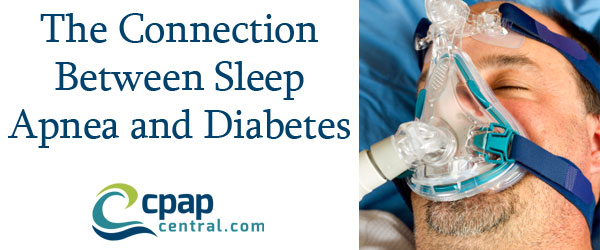There’s a lot to love about Thanksgiving. Whether you love spending time with your family, watching the Thanksgiving Day parade, cheering for your favorite football team on a special Thursday or indulging in the huge meal, the holiday gives everyone a reason to celebrate. But how often do you miss some of that because you take a nap in the middle of Thanksgiving? When this happens, the tryptophan laden turkey is usually the first suspect. CPAPCentral.com is here to examine the connection between tryptophan and sleep.
What is Tryptophan?
Simply put, tryptophan is an amino acid, which helps to create proteins in the body. It is not produced by the body, which means tryptophan must be consumed in your diet. Tryptophan produces chemicals that aid in a lot of body functions, including producing serotonin. Serotonin can help you relax, which can in turn help you fall asleep.
Where Does Tryptophan Come From?
Tryptophan is found in a variety of foods, including meat, cheese and fish. But, it is most commonly associated with poultry products, especially turkey. Because of this, there is a common belief that eating a lot of turkey at Thanksgiving is the reason you end up taking a nap in the afternoon. But, is this belief fact or fiction?
In truth, it’s not the turkey that makes you sleepy on Thanksgiving, but the nap inducer is found at the Thanksgiving table. Instead of the tryptophan found in protein, it’s more likely the carbs found in the Thanksgiving side dishes that help put you to sleep. Carbohydrates can also boost your serotonin levels, but are easier to digest than protein, which means foods loaded with carbs like stuffing, mashed potatoes, and pies are more likely to cause that drowsiness.
CPAPCentral.com has a variety of CPAP supplies to help you sleep better at night if you have sleep apnea. We wish you and your family a happy Thanksgiving!


